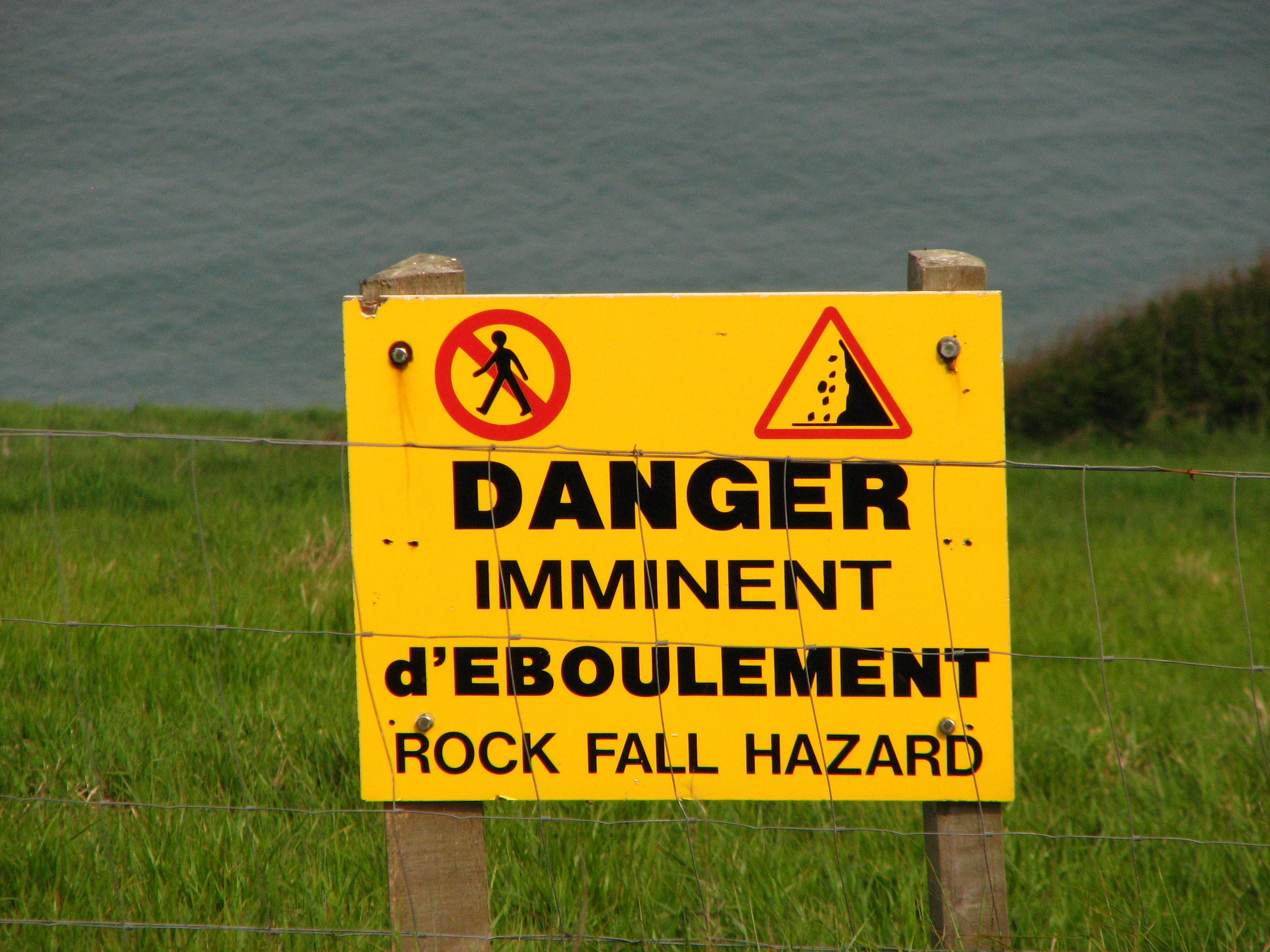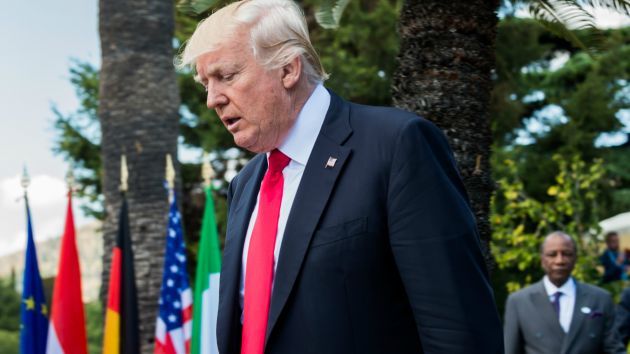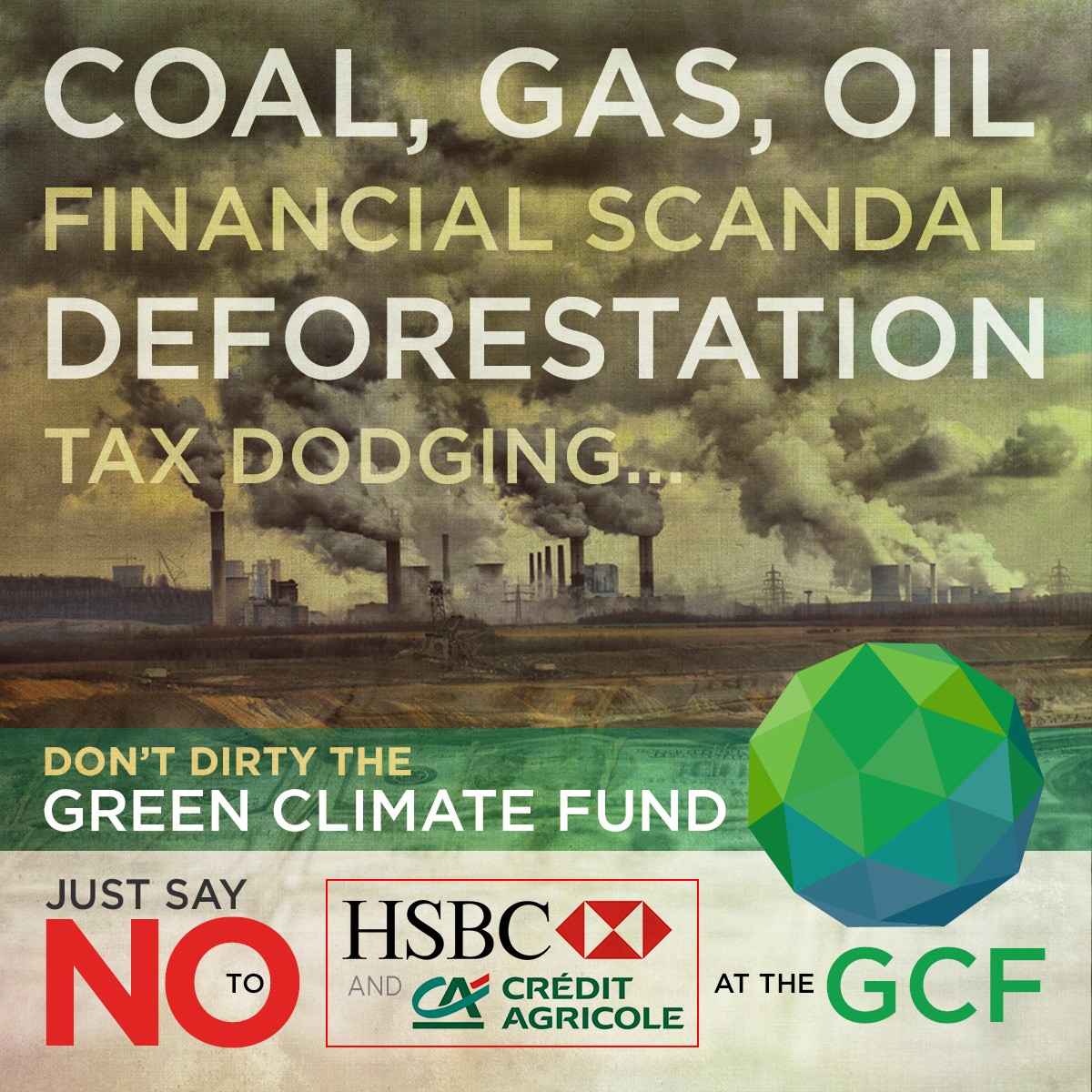International Climate Finance
Climate change is already hurting our planet and its people. Flooding, drought, more intense storms, decreased food production and increased water scarcity, and greater vulnerability to disease are causing heightened suffering around the world.
Although wealthy countries like the United States are most responsible for creating the climate crisis, the world’s poorest and most vulnerable people are paying the highest price — in lives and livelihoods lost.
Dealing with climate change is incredibly expensive. Though cost estimates vary, the bottom line is that the less we do now, the more we will pay later.
International climate finance is the provision of funds by developed countries for developing countries to take climate action. People in developing countries require climate finance to meet their health, food, energy, and other daily needs. Climate finance is an ethical, moral, and legal obligation, and an essential component of international climate negotiations.
Friends of the Earth U.S. advocates for the U.S. to provide its fair share of funding, commensurate with what science, justice, and equity demand. We equally push for climate action that is of high environmental and social integrity, people-centered, and democratically-controlled.
For an overview of climate finance, see Paying the High Cost of Climate Chaos: The Story of Climate Finance. Our infographic visualizes who is most responsible for climate change on a global scale (spoiler alert – the U.S.!), who gets hurt the most, what needs to be done, who should pay, where the money can come from, and where the money should go.
Today, Friends of the Earth U.S. submitted an international complaint against the U.S. Export-Import Bank over its financing of overseas fossil fuel projects.
Two years after the U.S. Treasury issued guidance to shift financial support from multilateral banks away from fossil fuel buildout overseas, a new report the U.S. has voted to support nearly 400 million USD in direct fossil fuel financing at the World Bank Group alone through March 2023.
Yet again, the U.S. Export-Import Bank is directly contradicting Biden’s climate goals by supporting yet another fossil fuel project.

The IFC doesn’t know what a lot of its money is doing, and that’s bad. Though the subject matter might at first seem a bit dull, a recent monitoring report of the financial sector lending of the International Finance Corporation (IFC) is a doozy for the warnings it provides to…

Donald Trump announced this afternoon that the United States will begin the process of withdrawing from the Paris Agreement. During his remarks, Trump made a series of inaccurate and misleading statements about the Green Climate Fund in connection to his withdrawal decision.

Either Wednesday or Thursday of this week, the Board of the Green Climate Fund will decide whether or not banking giants HSBC and Credit Agricole will become "accredited entities" of the GCF. Accredited entities are official partners of the GCF; they can receive and manage GCF funds. Here are five…
